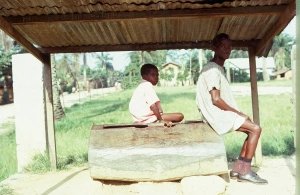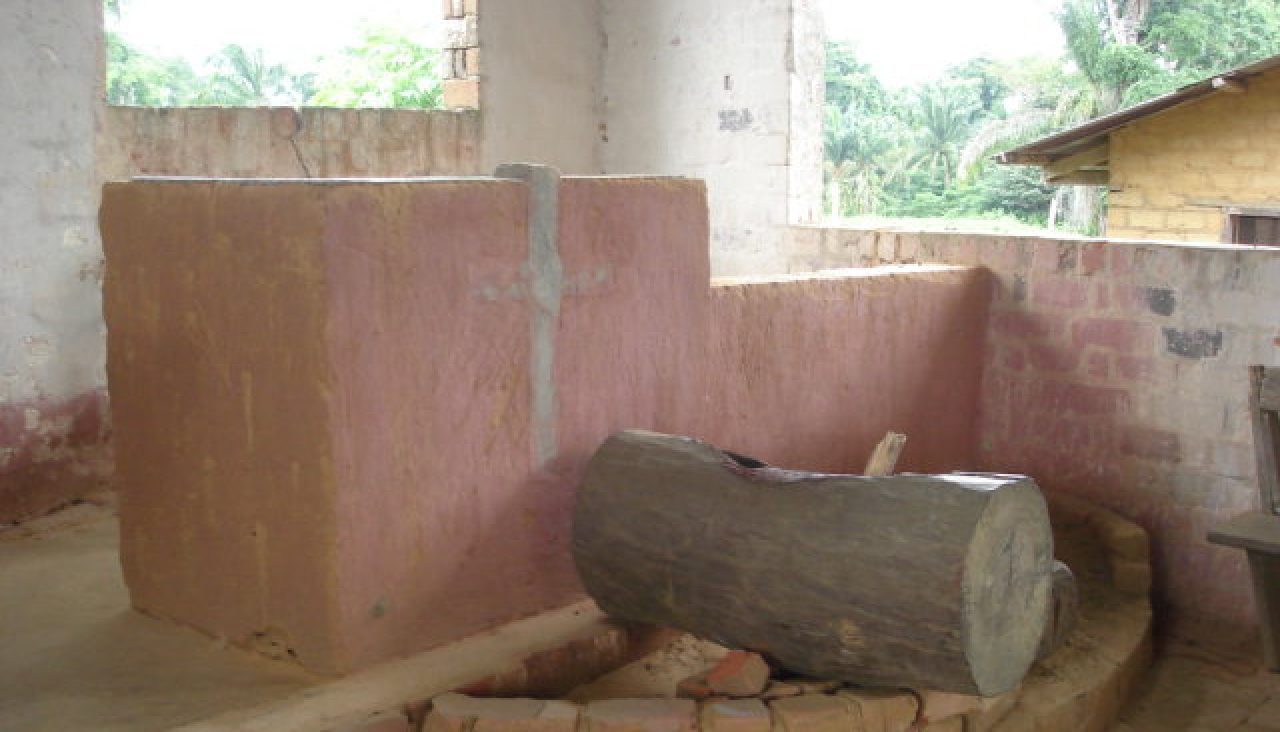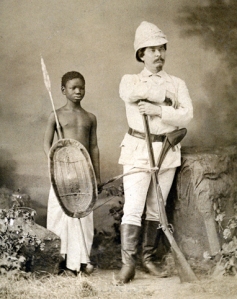
We are thankful that as of now the continent of Africa has not been stricken with the global pandemic of COVID-19 to the degree of other continents. Instead East Africa has been battling the worst swarming of locusts in years as well as widespread flooding, one of the recurrent effects of the climate crisis across the beleaguered continent. Rampant, relatively unregulated extraction of Africa’s resources essential for a multitude of high-tech products driving expansion of capitalism’s profits and growth continue to plague Africa like no other region of the world.
Members of the African diaspora in the U.S. unite in concern as Mama Africa faces the uncertainty of the COVID-19 pandemic’s spread on the continent. In response to this concern, the Africa Faith and Justice Network (AFJN) based in Washington, D.C. helped organize an international prayer gathering the morning of Memorial Day in the U.S. AFJN has become the leading faith-based organization in the U.S. lobbying for well-informed, compassionate U.S.-Africa relations. The organization’s staff and board are Catholic lay members and clergy who have studied Africa and worked there. The Executive Director hails from Nigeria and the chief AFJN policy analyst is Congolese.
The prayer printed here below represents one feature of the world wide commemoration of African Liberation Day on May 25, the date of the formation of the Organization of African Unity in 1963. While the prayer invokes God’s help in the continent’s response to th e pandemic, Africans abroad hope this crisis will call attention to the need for African unity in the ongoing struggle for liberation of Africa. To this aim, the Coalition for Africa’s Liberation and Restoration (CALAR) was created with the support of the AFJN in the U.S. Among the Coalition’s leaders is Kambale Musavuli, a U.S.- based activist with Friends of the Congo.
There are three ways readers can now show their solidarity and support for the expansion of global actions on behalf of African unity and liberation. First, you can read and contemplate the petitions made and suggested in the prayer. Second, you can sign the Declaration of the CALAR coalition of African diasporas at this site:
And third, you can made a monetary contribution to the Africa Faith and Justice Network for its lobbying of the U.S. Congress on Africa policy. Go here to make a donation:
https://afjn.salsalabs.org/supportourworkdonate/index.html
Africa Renewal: A Prayer of Gratitude, Repentance and Commitment
Thanksgiving
We give thanks to God our Creator for abundant blessings bestowed on Mama Africa and her children, rich fertile lands, mineral resources, diverse plants and animals, and lush tropical climate. We give thanks for the resourcefulness of Africans, for vibrant cultures and peoples. We thank God for the wisdom of our ancestors who recognized that we are custodians of the earth and the importance of family and unity. Your blessings upon us are too numerous to count.
Repentance
We ask for forgiveness for our failure to appreciate God’s abundant blessings upon us, to cherish our uniqueness and the distinctive place of Mama Africa in human history; the land of abundance that has sustained most of the world for many millennia and continues to provide vital resources for humanity. Forgive us for rejecting ourselves and the liberators you send to us, our lack of unity, and our contributions to undermining our development. Forgive our leaders for their failures to work for the common good, for mortgaging the heritage of Africans to dishonest exploiters; for embracing policies that cripple Mama Africa and drive her children to perilous ventures in search for greener pastures, drowning in the Mediterranean, trapped in slavery, deprived of their dignity, treated as disposable goods and slaughtered for their organs.
Commitment
We declare the dawn of a new day as we commit ourselves to work as a united family for a better Mama Africa; to celebrate who we are as a people on the continent and in the Diaspora, to cherish our gifts and talents, and to appreciate the many blessings creation has bestowed on us. We commit to looking within to harness our talents and our abundant resources for the integral development of Mama Africa and her children. We commit to mental decolonization and the eradication of the dependency mindset. Standing on the shoulders of our ancestors, we commit to building a true Pan-African Family where every African man, woman and child feels at home regardless of ethnicity, language, or religion. We commit to deepening our faith in our creator, in our abilities and in each other. We call upon our ancestors to accompany us in this undertaking and may the Spirit of our Creator inspire and guide us. Amen!





























